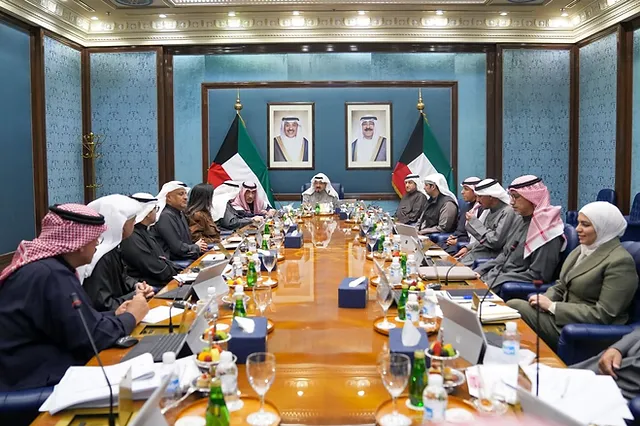Kuwait
The Kuwait government has approved a new draft resolution that introduces a 15% tax on multinational companies operating in the country.
This decision, made by the Kuwaiti cabinet, aims to curb tax evasion and prevent the shifting of tax revenues to foreign jurisdictions, ensuring that multinational companies contribute fairly to the country’s national tax base. The new tax law will be effective starting January 1, 2025.
The decision was finalized during the weekly Cabinet meeting chaired by His Highness the Prime Minister, Sheikh Ahmad Abdullah Al-Ahmad Al-Sabah.
According to Deputy Prime Minister and Minister of State for Cabinet Affairs, Shereeda Al-Mousherji, the resolution is a significant step in aligning Kuwait’s tax system with global tax standards, particularly those advocated by the Organisation for Economic Co-operation and Development (OECD).
This move highlights Kuwait’s commitment to modernizing its fiscal policy and addressing the global challenges surrounding tax avoidance.
The 15% tax is part of broader efforts by Kuwait to ensure a fair tax system while reducing the possibility of tax avoidance strategies by multinational corporations.
The tax measure will apply to global companies operating in Kuwait that have operations across multiple countries, ensuring that they contribute to the Kuwaiti economy in a manner proportional to their business activities within the country.
In addition to this new tax resolution, Kuwait has also signed an agreement with the United Arab Emirates (UAE) aimed at avoiding double taxation on income and capital.
This agreement underscores the strengthening of economic and financial ties between the two nations and is seen as a positive step toward promoting greater economic integration.
The pact is expected to help combat tax evasion and encourage the free flow of capital between Kuwait and the UAE, further boosting the economic ties between the two countries.
Kuwait’s Minister of Finance and State for Economic Affairs, Dr. Anwar Ali Al-Mudhaf, also emphasized the importance of Kuwait’s participation in the 8th Arab Fiscal Forum, held as part of the World Governments Summit (WGS) 2024.
This forum provides a platform for discussing global fiscal challenges and future economic opportunities, reinforcing Kuwait’s commitment to addressing key global economic issues.
Meanwhile, the UAE Ministry of Finance has introduced updates to its tax provisions under Federal Decree-Law No. 47 of 2022, including a Domestic Minimum Top-up Tax (DMTT) and corporate tax incentives.
These updates are in line with global tax standards and will support the UAE’s efforts to stay competitive and transparent in its tax system.


